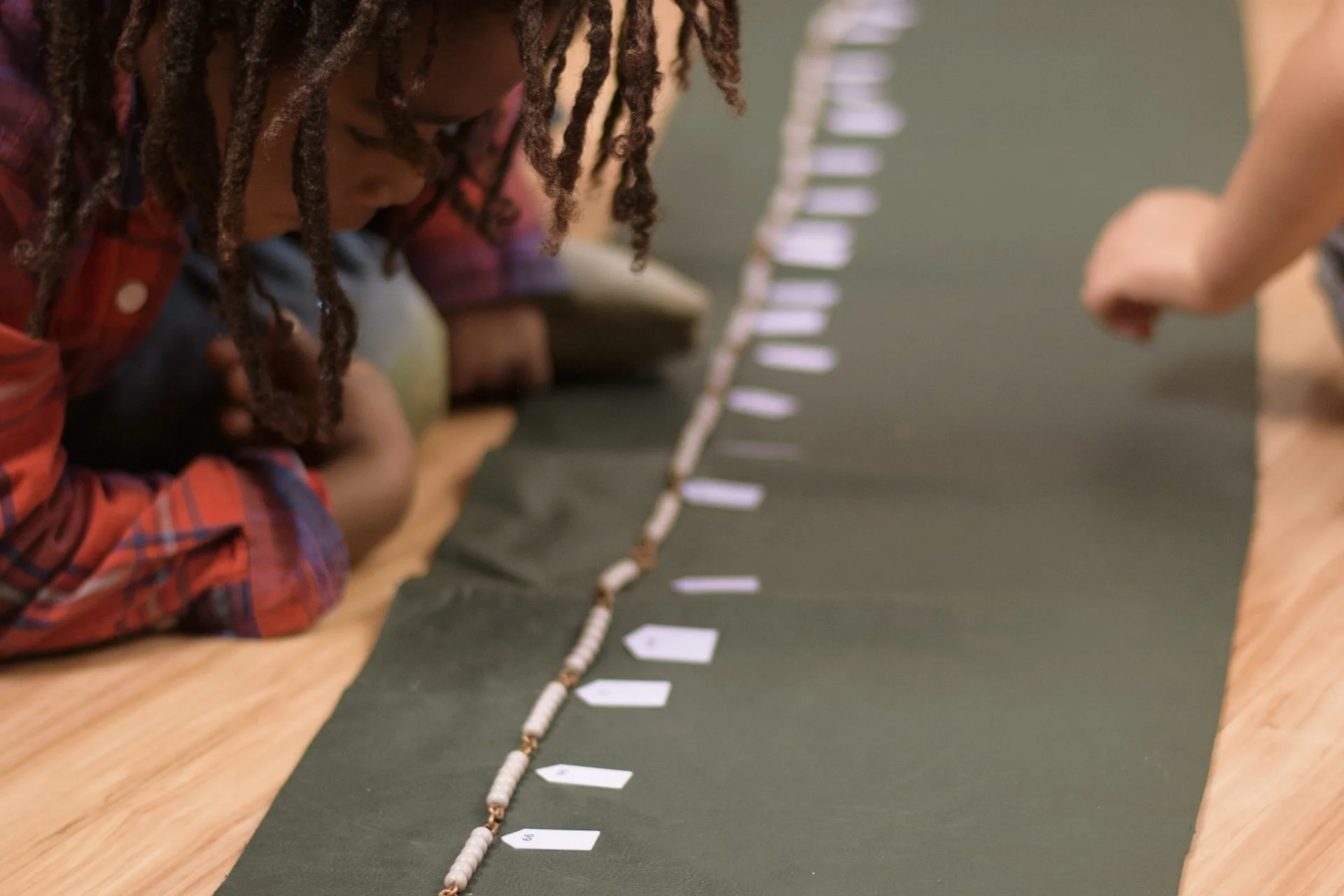Just like there is more to being a mother than conceiving and bearing a child, there is more to being a Montessori parent than sending your child to Montessori school. Being a Montessori parent involves taking a real interest in what your children are doing in school, engaging in the school community and making Montessori a way of life outside of school.
I haven’t had any training but I think I understand some basic tenets of the Montessori method and it seems like the most natural way to learn in my mind - similar to the way a mother duck or horse teaches their young. They show the little ones what to do (the presentation), encourage them to try it on their own (the work) and then allow them to rely on their new skill (independence).
In our quest to be Montessori parents, my wife and I try to remind ourselves to observe a few key guidelines that are worth thinking about:
Let children play - resist the urge to over-organize free time and allow active play time. Play fosters imagination, creative problem solving and interpersonal skills when others are involved.
Dive into things they show interest in - like showing how a key actuates a deadbolt - allow time for questions and comprehension. This is hands-on learning which always sinks in quickly but even more indelibly when they are asking for it.
Let them do it - try to wait a little longer than is comfortable before jumping in to help them when they are trying to do something such as tie their shoes, pronounce a new word or graph an equation. There’s nothing better than the feeling of accomplishment to help children develop self confidence and independence.
Keep them by your side - don’t stick them in front of the TV or iPad when you need to get things done around the house. This requires patience and it will take longer to get things done at first but children want to do what their parents do and they want to help. Eventually, this pays off when the “help” turns real and they are picking up life skills.
Of course, this all requires commitment and tremendous effort but it is as important as being a good mother or, maybe, it’s just part of being a good mother (or father).
-John (HMS Parent)



